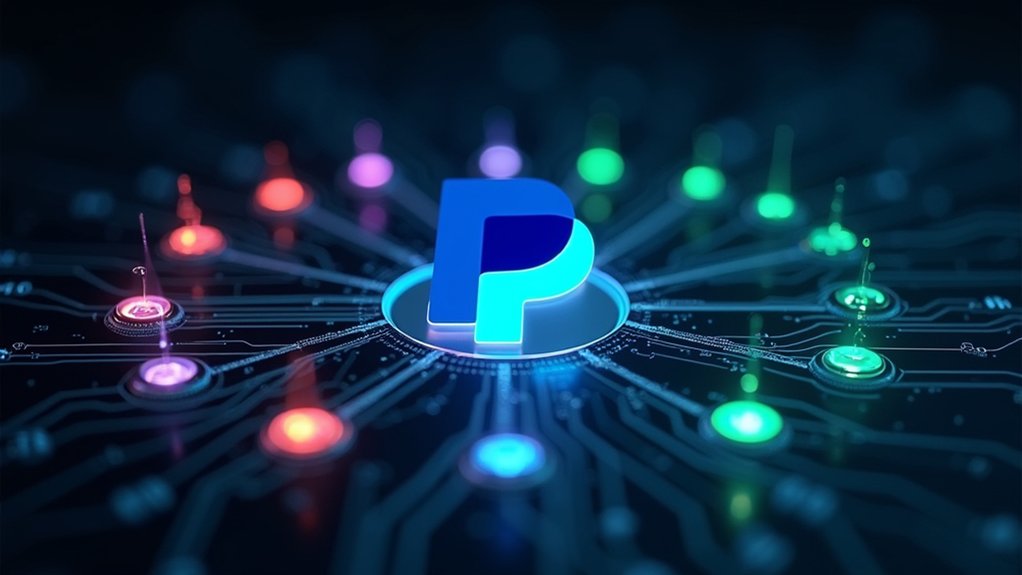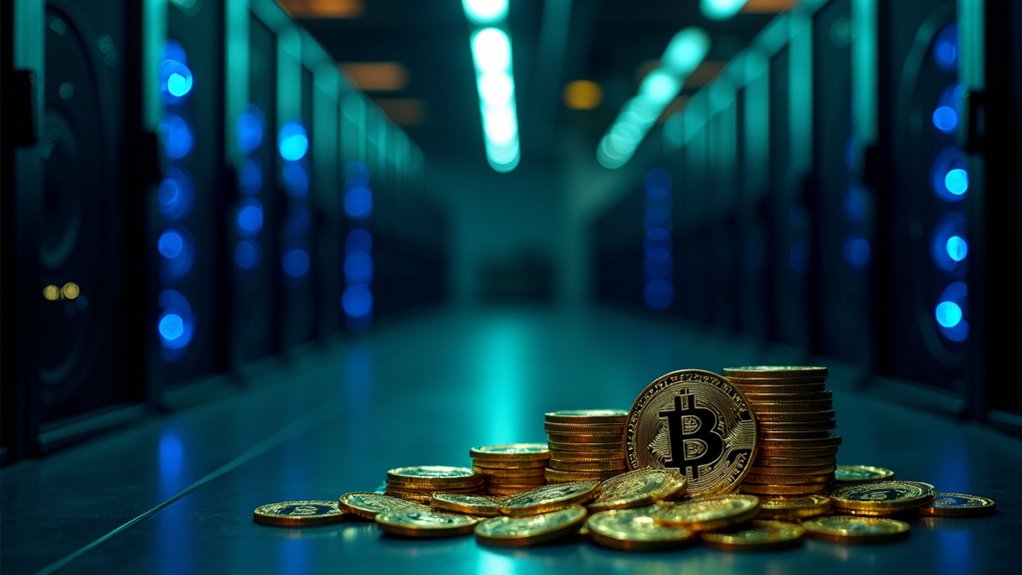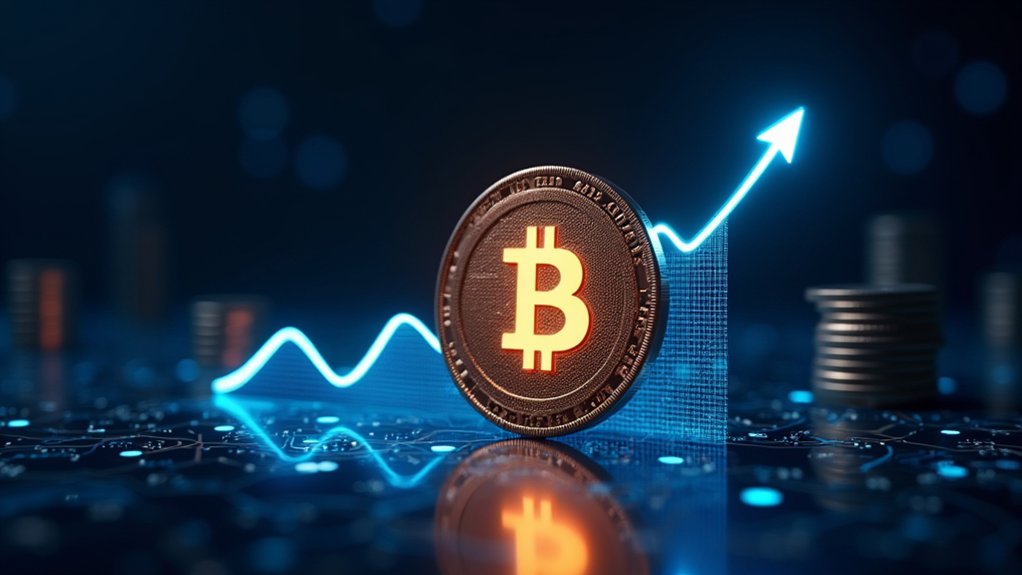How many digital tokens does it take for PayPal to convince the skeptics that cryptocurrency is more than a passing fad? Apparently, over a hundred, as the payments giant has dramatically expanded its token diversification, moving well beyond the original quartet of Bitcoin, Ethereum, Bitcoin Cash, and Litecoin to incorporate a sprawling ecosystem that now includes PayPal’s own stablecoin, PYUSD, alongside Chainlink’s decentralized oracle token and Solana’s high-throughput blockchain asset. This aggressive broadening signals an unmistakable bid to embed crypto deeply within its merchant integration framework, offering businesses a chance to tap into a vast, global crypto user base—an estimated 650 million strong—while ostensibly simplifying the convoluted world of digital payments. PayPal and its subsidiary Venmo have also enabled users to buy, sell, and store these new assets directly through their platforms, enhancing user access to Chainlink and Solana. This new feature will launch within the coming weeks, marking a significant milestone in PayPal’s crypto strategy. Protecting users’ digital assets depends critically on safeguarding private keys that grant exclusive control over these tokens.
Yet, beneath the surface of this expansive token roster lies a calculated gambit: merchants who opt into accepting crypto payments via PayPal’s platform benefit from automatic conversion of volatile crypto assets into fiat currency or PYUSD, a maneuver designed to protect merchants from crypto’s notorious price swings while keeping transactions instantaneously settled in U.S. dollars. This practical mechanism, however, is not without its caveats, as it effectively sidelines the use of cryptocurrency as a true medium of exchange in favor of a heavily intermediated, fiat-pegged substitute, raising legitimate questions about the fundamental disruption crypto promises.
Moreover, PayPal’s fee structure—starting at a promotional 0.99% before rising to 1.5%, marginally below average credit card rates—reflects a shrewd incentive to lure smaller merchants into the fold, yet simultaneously imposes new costs that may deter adoption beyond early enthusiasts. The seamless wallet integration and support for decentralized exchanges, while technically impressive, are strategic moves to maintain market dominance rather than pure altruism. In sum, PayPal’s token diversification and merchant integration are less about crypto evangelism and more about capturing and controlling the evolving digital payments landscape under its own terms.









